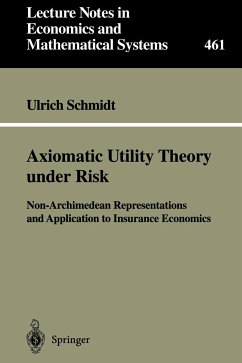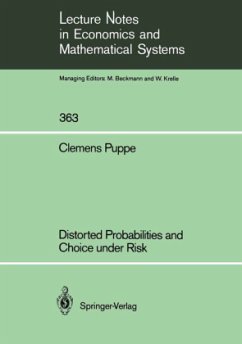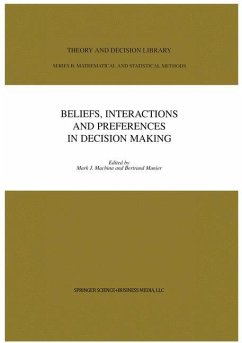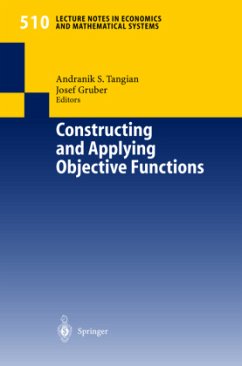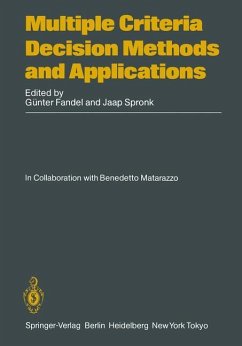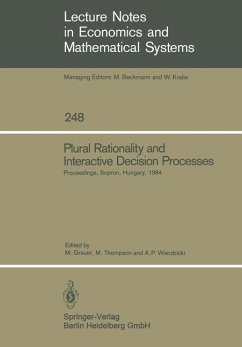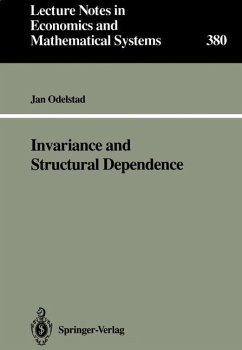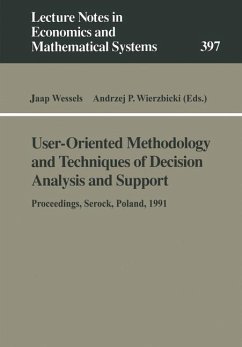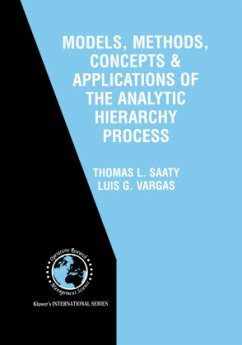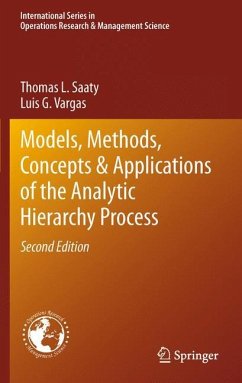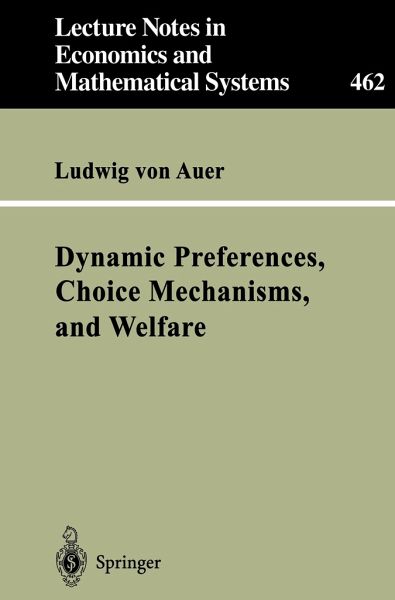
Dynamic Preferences, Choice Mechanisms, and Welfare

PAYBACK Punkte
20 °P sammeln!
For most economic aspects of human behaviour, static deci sion models provide an insufficient description. More specifically, they ignore the fact that preferences may change over time and that at each point of time current preferences depend on aspects which are associated with the past or the future. The neglect of these phenomena may lead to results which have little in com mon with real life. Dynamic decision models were developed in order to cope with these complications. Spurred by the availability of new mathematical tools such as optimal control theory and dynamic programming, dynamic ...
For most economic aspects of human behaviour, static deci sion models provide an insufficient description. More specifically, they ignore the fact that preferences may change over time and that at each point of time current preferences depend on aspects which are associated with the past or the future. The neglect of these phenomena may lead to results which have little in com mon with real life. Dynamic decision models were developed in order to cope with these complications. Spurred by the availability of new mathematical tools such as optimal control theory and dynamic programming, dynamic utility models mushroomed over the last two decades. Various frameworks were developed featuring dif ferent restrictions on the way agents form preferences in an in tertemporal environment. Unfortunately, no systematic reappraisal of this literature ex ists. The survey provided in part I of this thesis attempts to fill in this gap. It introduces a comprehensive classification sys tem which allows for a coherent organization of all studies of intertemporal choice under certainty and complete information. 2 1. Introduction The latter implies that the individual knows in advance all fu ture preferences and choice possibilities. In this survey we show that all dynamic utility models can be viewed as special cases of the class of universal utility mod els. It is therefore desirable to investigate intertemporal decision making in terms of this least restrictive framework. Accordingly, all findings of part II of this thesis are derived for the class of universal utility models.



